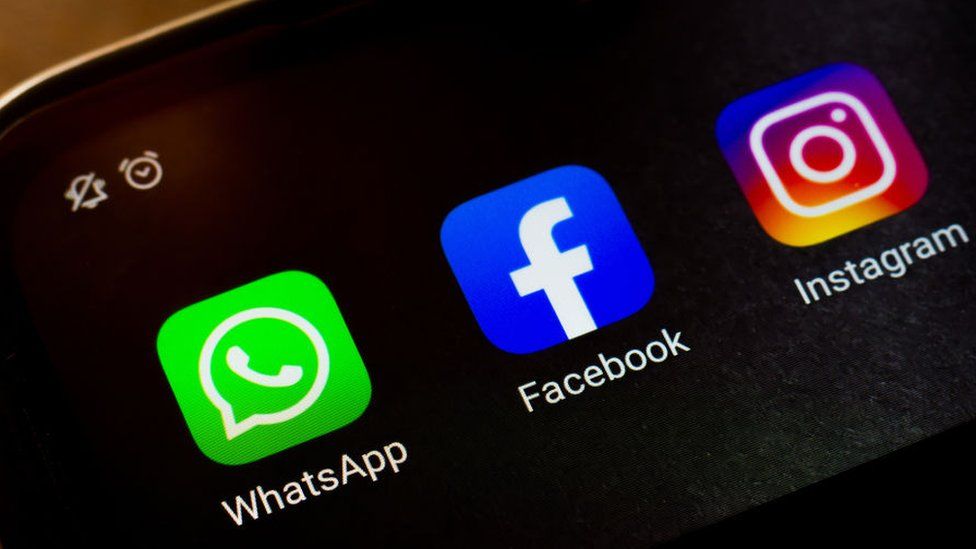Why does the internet keep breaking?
"Sorry for the disruption today" the Facebook founder and chief executive posted, following almost six hours of Facebook, WhatsApp and Instagram being offline.
Facebook blamed a routine maintenance job
for the disruption - its engineers had issued a command that unintentionally disconnected Facebook data centres from the wider internet.
Around 827,000 people responded to Mr Zuckerberg's apology.
The messages ranged from the amused: "It was terrible, I had to talk to my family," commented one Italian user, to the confused: "I took my phone into the repair shop thinking it was broken," wrote someone from Namibia.
What is clear now, if it wasn't obvious already, is just how reliant billions of people have become on these services - not just for fun but also for essential communication and trading.
What is also clear, is that this is far from being a one-off situation: experts suggest widespread outages are becoming more frequent and more disruptive.
"One of the things that we've seen in the last several years is an increased reliance on a small number of networks and companies to deliver large portions of Internet content," says Luke Deryckx, Chief Technical Officer at Down Detector.
"When one of those, or more than one, has a problem, it affects not just them, but hundreds of thousands of other services," he says. Facebook, for instance, is now used to sign-in to a range of different services and devices, such as smart televisions.
"And so, you know, we have these sort of internet 'snow days' that happen now," Mr Deryckx says. "Something goes down [and] we all sort of look at each other like 'well, what are we going to do?'"
Mr Deryckx and his team at Down Detector, monitor web services and websites for disruption. He says that widespread outages affecting major services are becoming more frequent and more serious.
"When Facebook has a problem, it creates such a big impact for the internet but also the economy, and, you know...society. Millions, or potentially hundreds of millions, of people are just sort of sitting around waiting for a small team in California to fix something. It's an interesting phenomena that has grown in the last couple of years."

Thanks For This
ReplyDelete